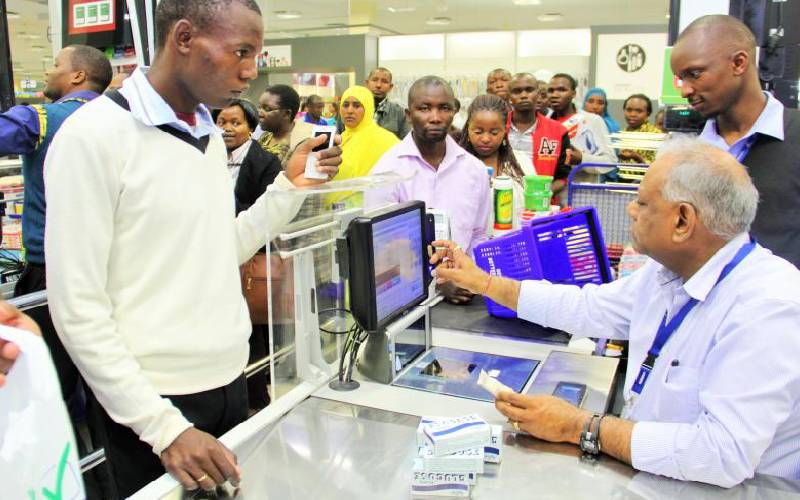×
The Standard e-Paper
Smart Minds Choose Us

Atul Shah may have walked out of the Nakumatt fiasco wealthier than when he started some 40 years ago, but has left behind sorrow among the people he dealt with.
From a son of a once bankrupt father, he built an empire that grabbed global attention, including from the world’s biggest retailer WalMart, but ended just about where it all started.